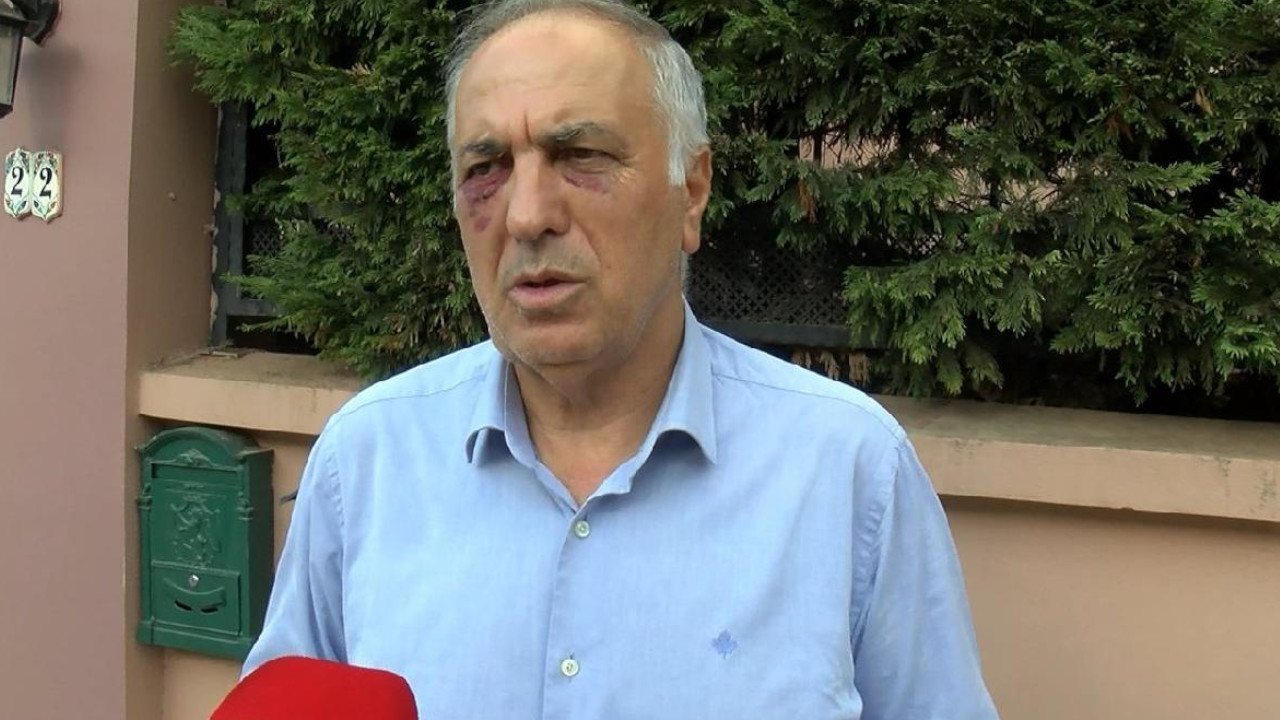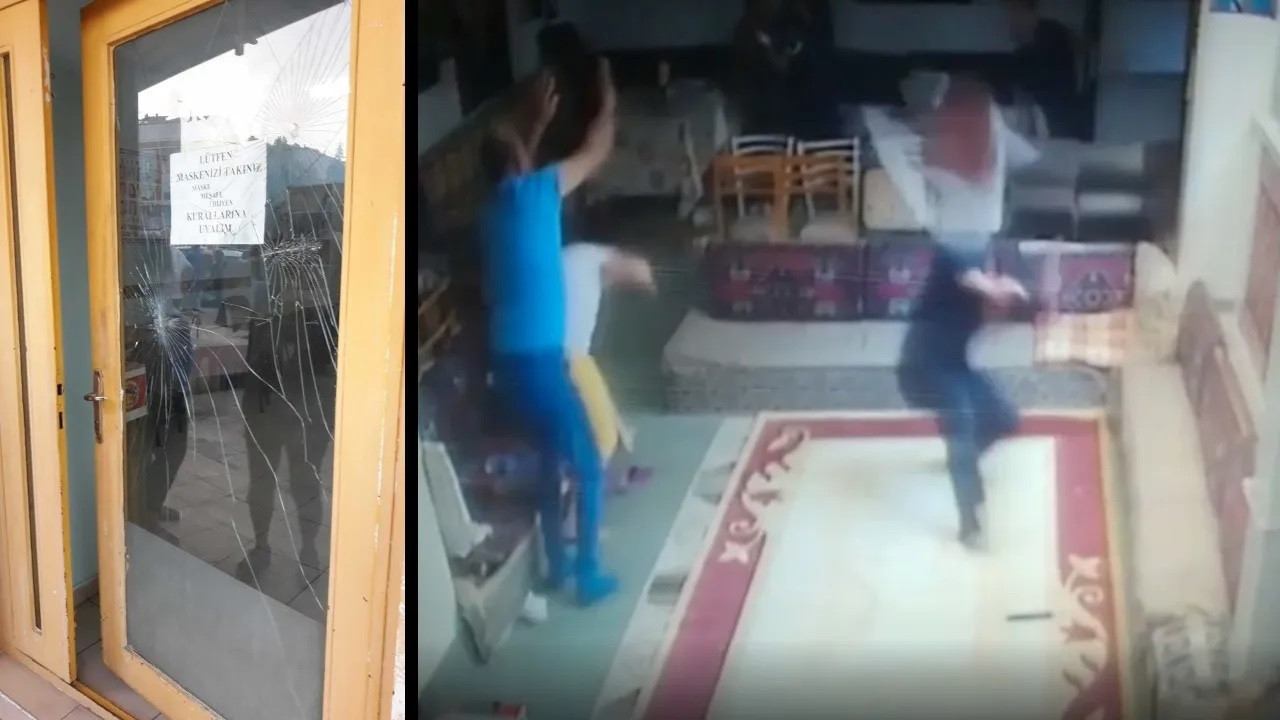Alevi groups criticize Erdoğan's cemevi visit, find it 'insincere'
Representatives of some Alevi organizations have criticized President Erdoğan's Aug. 8 visit to a cemevi (an Alevi house of worship), finding it “insincere” and “ill-intentioned.” They have pointed that Erdoğan refrained from making any statements after his visit and said that the president's refusal to publicly address attacks targeting the Alevi community is “an indicator of his prejudice.”
Duvar English
President Recep Tayyip Erdoğan on Aug. 8 attended a fast-breaking dinner at a cemevi to mark the Alevi holy month of Muharram.
During his visit to Hüseyin Gazi Cemevi in Ankara, Erdoğan was accompanied by Vice Chair Fuat Oktay, Interior Minister Süleyman Soylu, and Culture and Tourism Minister Nuri Ersoy.
This is the first time that Erdoğan ever attended a fast-breaking dinner at a cemevi, and the second time that he visited a cemevi. His first visit to a cemevi was in 2007 in Istanbul's Kazlıçeşme neighborhood.
The Aug. 8 visit came after last week's simultaneous attacks against five Alevi institutions in Ankara as well as the battering of a cemevi leader in Istanbul.
Çankaya Cemevi Association head Ali Öz said that they had once again conveyed to Erdoğan their demand that the government acknowledge cemevis as legitimate places of worship, according to reporting by BBC Turkish.
Öz said that Erdoğan refrained from making any comments with regards to the issue but that he emphasized the “unity and solidarity” of the country. “But they [Erdoğan and accompanying officials] said that the state would as of now stand by us. They said, 'We will not leave you alone; if you have a demand, we will try to make it happen,'” Öz said, recalling that there are previous decisions by the European Court of Human Rights (ECHR) and Turkey's Court of Cassation that in fact acknowledged the legal recognition of cemevis.
Öz said that he was assured both by Erdoğan and Soylu that the government would follow up on the attacks against the Alevi community. “They said, 'We will enlighten them to the end if there are dark powers behind them [the attacks].' Both our President and our Interior Minister said this.”
Meanwhile, representatives of some Alevi organizations criticized Erdoğan's visit, not finding it “sincere” or “well-intentioned.”
The head of the Federation of Alevi Associations Celal Fırat pointed out that Hüseyin Gazi Cemevi was redesigned before Erdoğan's visit and the portraits of modern Turkey's founder Mustafa Kemal Atatürk, Muslim Prophet Muhammad's son-in-law Ali Ibn Abu Talib, and a thirteen-century Bektashi dervish Hacı Bektaş Veli were removed from the section where Erdoğan would be seated. “This shows that the President is disturbed even about being photographed in front of Prophet Ali's picture,” Fırat told Gazete Duvar in an interview.
Fırat said that the visit was undertaken without the government informing several Alevi groups and that Erdoğan's silence in the face of recent attacks against the Alevi community “is an indicator of his prejudice.”
“Erdoğan who always makes a statement after attending Friday prayers [at a mosque], has not said anything [to the public or reporters] after his cemevi visit. This saddened us,” he said.
The chair of the Alevi organization Pir Sultan Abdal Culture Foundation (PSAKD), Cuma Erçe, said that they do not want to see Erdoğan at a “fast-breaking dinner” but rather at a table together with representatives of all Alevi institutions where demands of the community are discussed.
“They [government officials] are going to cemevis not by recognizing Alevism, but by redefining it. We also do not find it right that they themselves determine the names of Alevi organizations to which they want to go, when there are so many Alevi institutions and organizations. We can of course come together in healthy environments where we can discuss our demands in detail. Otherwise, we would find an approach that separates Alevis from each other as an ill-intentioned one. And we are evaluating what is happening in this recent process within this framework,” he told Gazete Duvar.

 Cemevi leader beaten in latest attack targeting Alevis in TurkeyHuman Rights
Cemevi leader beaten in latest attack targeting Alevis in TurkeyHuman Rights Five Alevi institutions attacked on same day in AnkaraDomestic
Five Alevi institutions attacked on same day in AnkaraDomestic